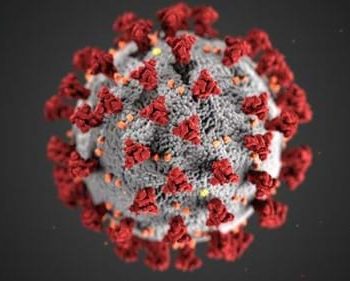EpiCov Research Database
The EpiCov database contains de-identified patient and NHS staff data from the Cambridge University Hospitals NHS Foundation Trust (CUH) Electronic Health Record systems, including scan images and laboratory results.
The database will include routinely collected information about patients diagnosed with COVID-19 or suspected of having COVID-19, and staff who have been tested for COVID-19. It will also include information about a large number of control patients who do not have a diagnosis of COVID-19.
This will allow comparisons of patients with and without COVID-19 infection who have similar symptoms to see if there are any important differences that might help us understand the best way to prevent, diagnose and treat COVID-19 infection.
Thousands of patients need to be compared to check if any differences found between them are related to age, gender or the season.
No direct personal identifiers (such as name, date of birth, contact details, hospital or NHS number) will be included in the database. All information will be extracted and de-identified through an automated process by the CUH Clinical Informatics Team who process patient data as part of their job role.
The database will facilitate a variety of research related to COVID-19 aimed at improving health, treatment or services. Research will include large data studies using advanced methods of analysis, such as machine learning, with the aim of learning about how to predict patient outcomes and the best way to treat patients based on their clinical information.
The EpiCov database will both enable local researchers to use the Electronic Health Record resource for important research, and also allow CUH to contribute well-curated data to other national and international COVID-19 projects and databases.
if you have any question about the database, please contact us on the email below:



